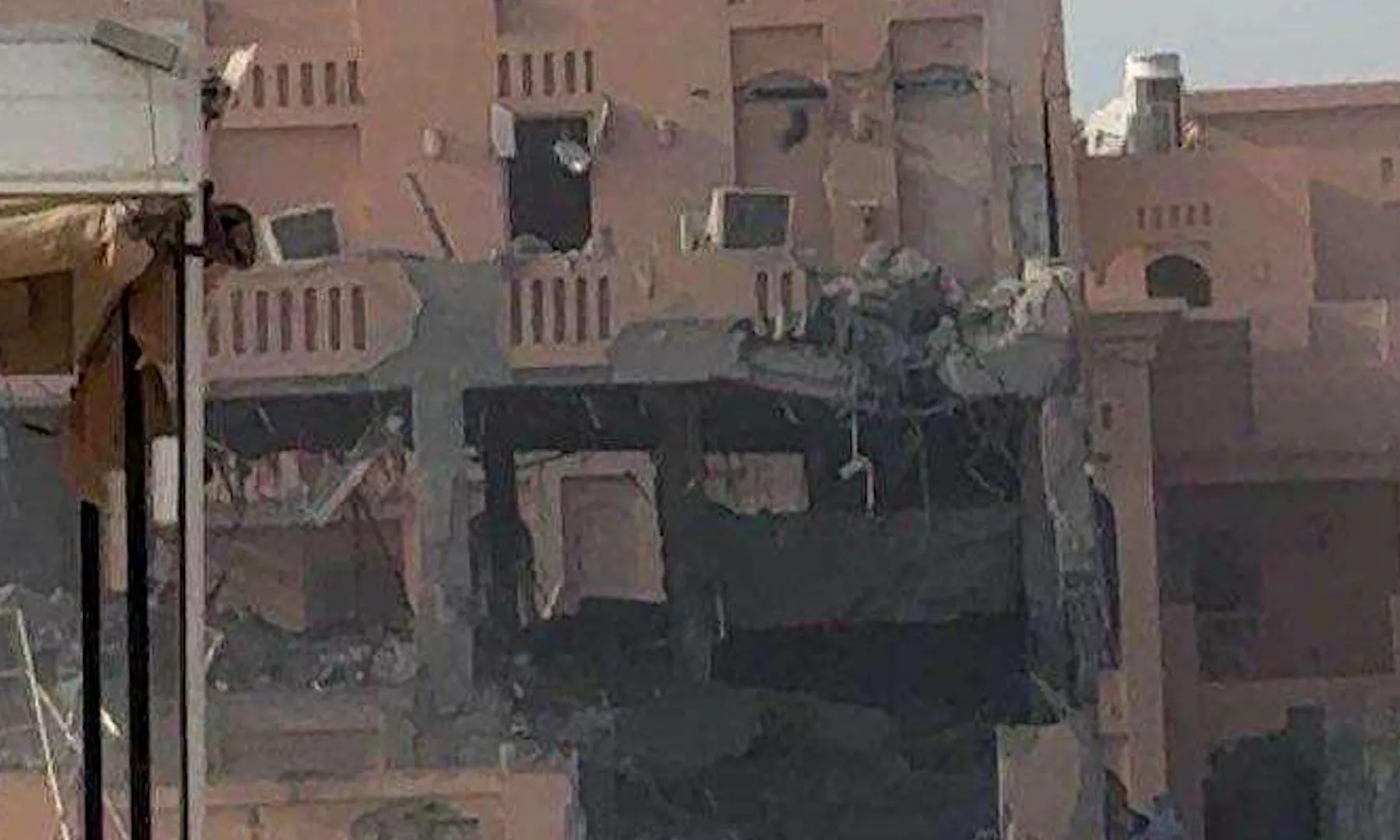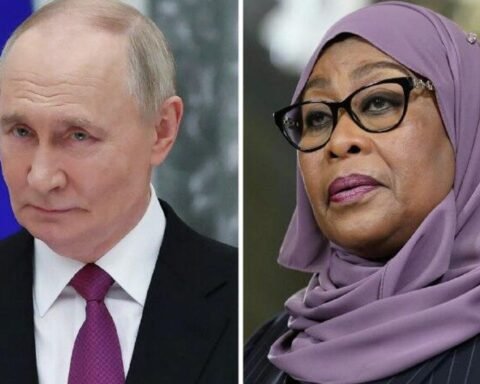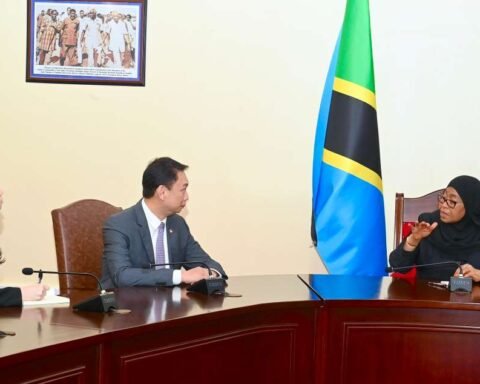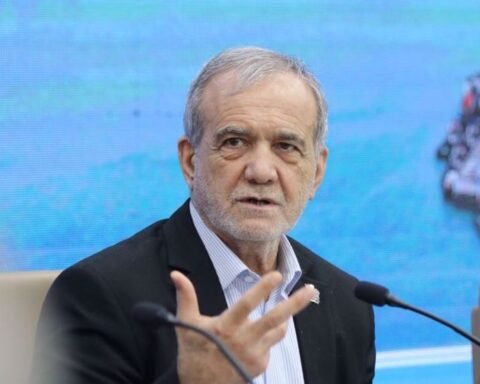Germany has strongly condemned Israel’s airstrike in Doha, Qatar, which killed six people, including a Qatari security officer and the son of exiled Hamas leader Khalil al-Hayya.
The attack has drawn international concern, with officials warning that it could undermine ongoing peace and hostage negotiations.
German Foreign Minister Johann Wadephul described the strike as “unacceptable”, noting that it violates Qatar’s sovereignty and threatens diplomatic efforts to secure a ceasefire and the release of hostages held by Hamas. He emphasized Qatar’s pivotal role in mediating talks and facilitating dialogue between conflicting parties.
The Israeli airstrike targeted a residential area in Doha where Hamas officials were reportedly meeting. While several senior leaders survived, five lower-ranking Hamas members were killed alongside the Qatari officer. The incident has escalated regional tensions, drawing sharp criticism from governments and international organizations.
Wadephul stressed that the incident not only violates Qatar’s territorial integrity but also risks destabilizing delicate negotiations aimed at ending hostilities and achieving the safe release of detainees.
The United Nations has condemned the strike as a breach of international law, highlighting the importance of respecting sovereignty and protecting civilians. Other countries, including the United States, Turkey, and several European Union members, have expressed concern that such attacks could disrupt peace efforts.
Also Read; Macron Grapples With Fresh Political Crisis After Bayrou Resigns
Qatar has played a central role in mediating conflicts between Israel and Hamas for years, often serving as a neutral ground for negotiations. Its efforts align with broader regional initiatives to establish sustainable ceasefire agreements that prevent escalation of violence.
The incident also underscores the influence of Hamas in the region, highlighting the challenges of achieving peace when armed groups maintain significant operational capabilities. Analysts suggest that international mediation efforts must be strengthened and that regional actors should collaborate more closely to ensure diplomatic guarantees are respected.
Moreover, the attack calls attention to Qatar’s strategic position in Middle East diplomacy, demonstrating how its involvement is critical for both humanitarian efforts and broader regional stability. Failure to respect Qatar’s neutrality could deter future negotiations and limit options for peaceful resolution.
The Doha strike serves as a reminder of the fragility of peace in the region and the necessity of coordinated international diplomacy to prevent further escalation. Global observers are closely monitoring the situation to assess its impact on ongoing hostage negotiations and regional security.







